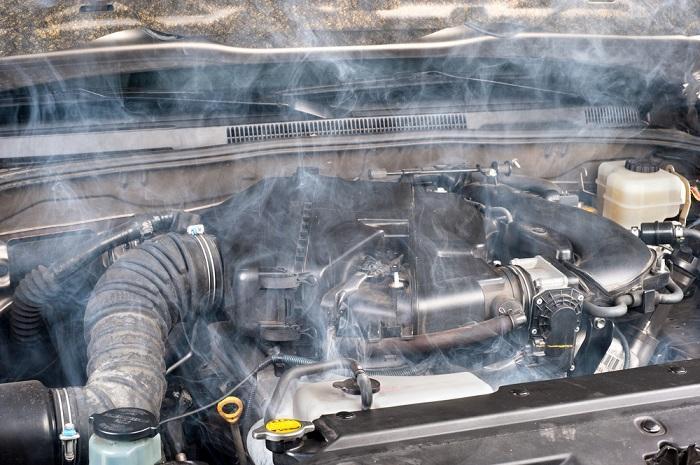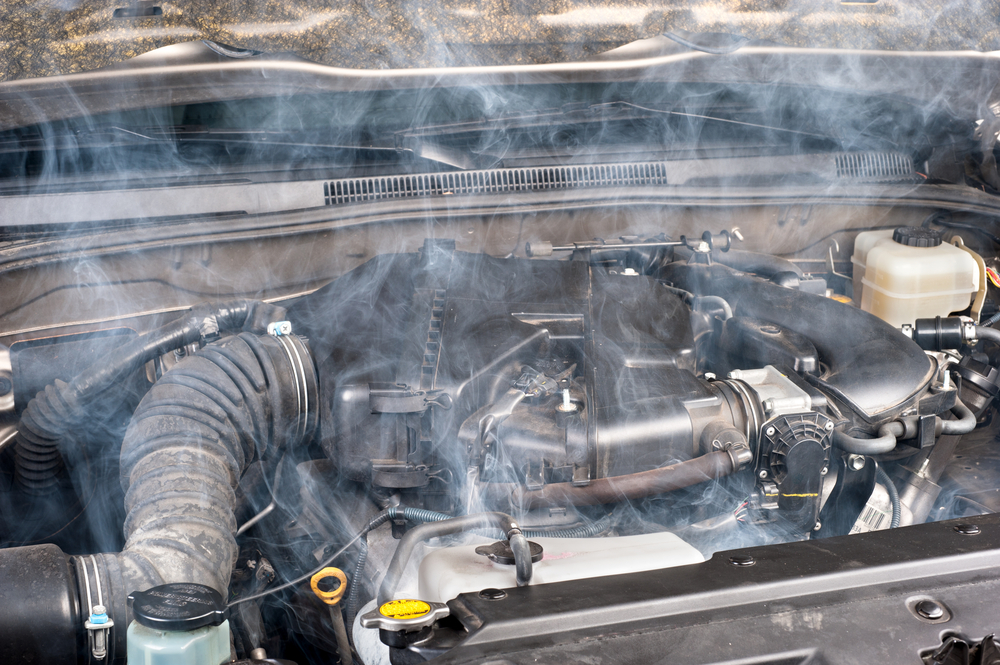Ten common causes of overheating include low coolant levels, a malfunctioning thermostat, a blocked radiator, a faulty water pump, a cracked engine block, a clogged radiator hose, a damaged radiator fan, a malfunctioning cooling system sensor, a slipping serpentine belt, and a failing head gasket. Overheating can occur due to various factors, which can lead to serious engine damage if not addressed promptly.
It is important to understand and prevent these common causes to ensure the proper functioning and longevity of your vehicle. We will discuss each of these causes in detail and provide tips on how to prevent overheating issues. So, let’s delve into the topic and explore these common causes one by one.
Electrical Issues
Electrical issues are one of the main causes of overheating in various systems and appliances. Faulty wiring can lead to overheating as it disrupts the proper flow of electricity and causes resistance. This resistance generates heat, which can build up and lead to overheating. Overloaded circuits are another common electrical issue that can cause overheating. When a circuit is overloaded with too many devices or appliances, it can result in excessive heat due to the increased electrical load. Malfunctioning electrical components such as switches, fuses, and circuit breakers can also be responsible for overheating. If these components are not working properly, they can cause the flow of electricity to become irregular and generate heat. It is important to regularly inspect and maintain the electrical systems to prevent overheating and ensure safety.
Insufficient Cooling
Insufficient cooling is one of the common causes of overheating in various devices. One reason for this is blocked air vents that restrict the flow of air into the device, preventing effective cooling. This blockage can be caused by dust, dirt, or other objects that accumulate over time. Similarly, inadequate airflow can also contribute to insufficient cooling, as it hampers the heat dissipation process. When the surrounding air cannot circulate freely, heat buildup occurs, leading to overheating. Additionally, dust and debris accumulation within the device can further aggravate the problem, hindering the cooling performance even more. Regular cleaning and maintenance of air vents, filters, and fans are crucial to prevent overheating due to insufficient cooling.
Mechanical Failures
In mechanical failures, overheating can be caused by faulty cooling fans, leaking coolant, and damaged or malfunctioning thermostats. Faulty cooling fans can result in insufficient airflow through the radiator, preventing proper cooling. Leaking coolant can lead to a decrease in the cooling system’s efficiency, resulting in overheating. Damaged or malfunctioning thermostats may fail to regulate the engine’s temperature properly, leading to overheating. These mechanical issues can often be detected through visual inspection or diagnostic testing. Regular maintenance and inspections can help identify and resolve these problems before they cause severe engine damage. It is important to address overheating issues promptly to prevent further damage to the engine and ensure safe and efficient vehicle operation.

Credit: www.linquip.com
Conclusion
Understanding the common causes of overheating is crucial in maintaining the optimal performance of your device. By addressing issues such as a clogged air vent, outdated hardware, or excessive usage, you can prevent overheating and extend the lifespan of your equipment.
Regular maintenance, proper cooling, and avoiding extreme temperatures play a significant role in preventing overheating. Stay proactive and attentive to these factors to ensure smooth and efficient functioning of your devices.

